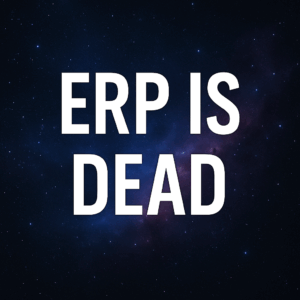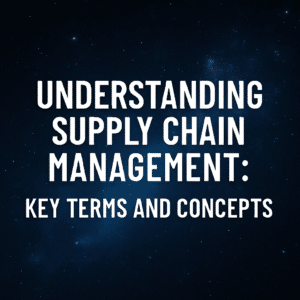What does “Accentured” mean? Very different than being “delighted,” this term has become increasingly popular among boutique consulting firms and independents. More importantly, it is a term we have heard clients use to refer to their experiences with the large SAP, Oracle, and ERP system integrators.
To be clear on a couple of points: First, we are not just talking about Deloitte, Accenture, or Capgemini, but most of the larger system integrators including KPMG, Hitachi, and PwC to name a few. Second, I did not make up this concept, but have heard it countless times across the industry. This is not a new concept and am sharing what has been talked about behind closed doors for years.
What we are referring to is the approach that Accenture, Deloitte, and other large firms take in terms of control of their accounts and not playing nice with others. Their goal is to essentially staff and manage an entire implementation or project and not let any other firm offer support or guidance. It may sound nice to have a “one-stop shop,” but they are also positioning themselves for no oversight and leaving the opportunity open to exploit their clients.
This is not only detrimental to other consulting firms but is potentially very dangerous to the engaging organization they are working with. They may have rules of conduct and no conflict on the auditing side, but in terms of ERP and technology services, this is not the case. Unfortunately, ERP system integrators are typically not the silver bullet that clients are looking for.
Consider the following as you evaluate your situation:
These firms position and train their resources specifically to keep others away. And they are truly good at it. At least one of these firms has shared directly with me that they have specialized training as part of their management program on how to deflect advisory firms that attempt to offer additional services to their clients.
They will offer “free” services to keep other consultants out. Personal story: I had spent a good part of the day meeting with a services company that had engaged Deloitte as their systems integrator for an SAP implementation. They had reached out to us to provide an independent assessment of what they needed to accomplish internally prior to implementation before Deloitte brought in troves of consultants to start working on the implementation.
This small workstream is intended to help outline what they could potentially handle in-house versus where they would need help from Deloitte and ultimately save them money. Two days later, I received a call back letting me know that Deloitte had offered the “same” work as part of their implementation. Does anyone else not see the conflict of interest here?
They staff at least one dedicated resource to keep clients happy and in the dark. Either an account executive or in some cases this is at the partner level. They are some of the best salespeople I have ever seen and have spent a good amount of time and effort engaging the highest levels of the organization to build trust and friendship. This individual’s only focus is to keep the client happy, wine and dine, keep them from talking to any other consultants, and, most importantly, distract them from any issues or risks on the project. Hopefully, they are not billing this person as a project resource, but unfortunately, that is not always the case.
They focus on distraction from true project risks. This is in my view the most dangerous part of being “Accentured.”As a large system integrator takes over more and more aspects of a project, they are better able to push, delay or simply hide potential project risks. This is with the intention of preventing disruption to their “cash cow,” which can be countless consultants working on a project. Any risk of slowing or reducing the run rate hits the Partners directly. This is even more reason to ensure a solid SAP S/4HANA or ERP quality assurance approach.
System integrators need to provide project management for their team and for the implementation. However, they should not be providing overall program management, they should not be providing organizational change management besides training and training development, and they should not be providing quality assurance outside of system-specific QA. It is important to understand what ERP system integrators aren’t good at and what to do about it.
The intention of this article is not to simply bash the “Big 5” (or however many there may be now). They provide a level of service that cannot be matched for implementing systems in large, complex, and global environments. They simply need some oversight and augmentation from independent ERP consultants, and clients should not be swayed against protecting their internal interests.





